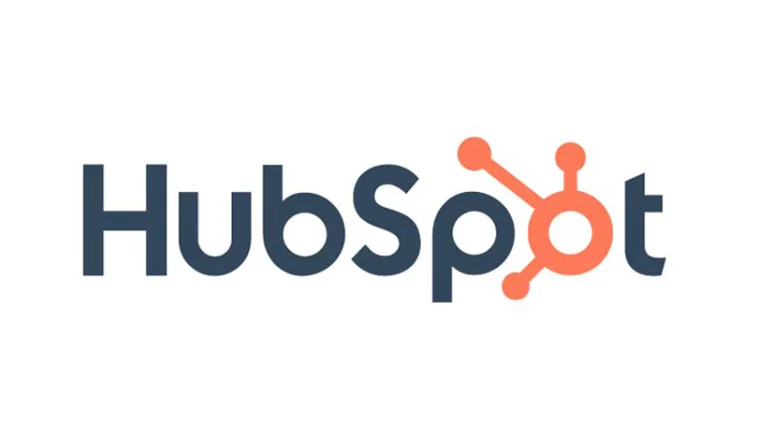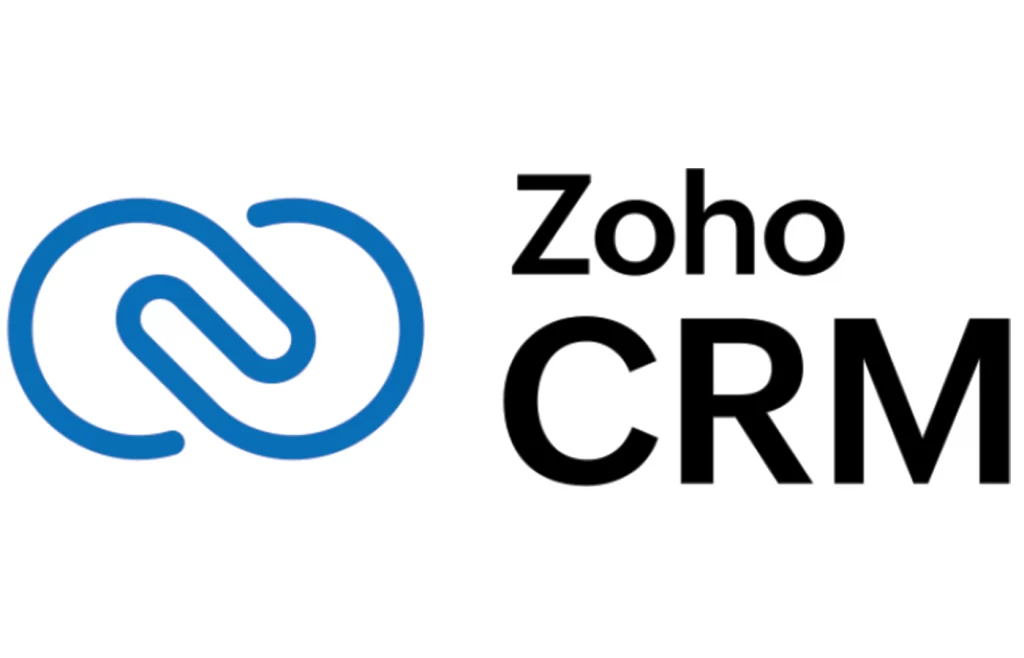Fostering strong client relationships is paramount to success. But with busy schedules and ever-growing client bases, keeping track of interactions, preferences, and project details can become a challenge.
This is where effective client tracking comes in – a strategic approach to managing client information that empowers businesses to deliver exceptional service, build trust, and ultimately drive growth.
This guide explores the best ways to keep track of clients in 2024, focusing on leveraging digital tools and best practices to ensure meticulous record-keeping, streamlined communication, and ultimately, stronger client relationships.

Digital Tools & Systems: A Modern Approach To Track Clients
Gone are the days of relying solely on physical files and spreadsheets. Today, a range of sophisticated digital tools and client relationship management (CRM) systems empower businesses to manage client interactions with ease and efficiency.
Best Way To Track Clients Through CRMs

Hubspot
A free and user-friendly option offering contact management, deal tracking, and reporting tools. HubSpot is a great starting point for smaller businesses or those new to CRMs.

Salesforce
A highly customisable platform catering to complex client management needs. With features like automation workflows and advanced analytics, Salesforce empowers businesses to automate repetitive tasks, gain deeper client insights, and personalise communication at scale.

Zoho CRM
A well-rounded CRM offering a balance of affordability and functionality, featuring sales pipeline management, marketing automation, and social media integration. Zoho CRM is a strong contender for businesses seeking a comprehensive solution without a hefty price tag.
Beyond CRMs: Expanding The Best Way To Track Clients
While CRMs are a cornerstone of the best way to keep track of clients, other tools can further enhance your client management strategy.
Project management tools like Asana and Trello offer collaborative features to keep track of client projects, deadlines, and task assignments in real time.
Communication platforms like Slack and Microsoft Teams facilitate real-time communication with clients, ensuring everyone stays on the same page. Integrating these tools with your CRM allows for a seamless flow of information, creating a single source of truth for all client interactions, as well as leading to a boost in productivity.
Best Practices: Building A Strong Client Information Base
The foundation of effective client tracking lies in maintaining accurate and comprehensive client records. Here are some best practices to follow, ensuring you have the information you need to deliver the best possible service:
1) Centralised client database
Consolidate all client information within a single, accessible platform like a CRM. This eliminates the need to search through scattered emails, spreadsheets, or physical files, making it the best way to keep track of clients and their information.
2) Detailed client profiles
Create comprehensive profiles for each client, capturing key information like industry, decision-makers, communication styles, and past project details. This in-depth understanding of your clients empowers you to tailor your communication and service delivery to their unique needs and preferences.
3) Regular data updates
Schedule regular updates to client information to ensure records remain accurate and reflect the evolving nature of client relationships. This could involve updating contact details after a move, recording key takeaways from recent meetings, or noting changes in project requirements.
By keeping your client data fresh, you ensure you’re always working with the most up-to-date information, allowing you to provide the best possible service.

Real-World Applications: The Power Of Client Tracking In Action
Client tracking systems offer a multitude of benefits across various industries. Businesses can leverage these systems to:
A) Personalise the customer experience
Track purchase history, browsing behaviour, and preferences to deliver targeted recommendations and offers. Imagine an e-commerce platform utilising client data to suggest products a customer might be interested in based on their past purchases, leading to a more engaging online experience and increased sales.
B) Strengthen client relationships
Proactively reach out with relevant information and provide personalised support throughout the buying or selling process. Real estate agencies can utilise client tracking to understand property preferences and proactively send listings that match client needs.
This fosters stronger relationships and increases the likelihood of successful transactions.
C) Enhance communication & efficiency
Facilitate secure document sharing, streamline appointments, and improve communication with clients. Financial services firms can leverage client tracking to offer secure document sharing and real-time portfolio tracking, ultimately leading to faster response times and improved customer service.
By implementing effective client tracking, businesses can gain valuable insights into customer behaviour, preferences, and communication styles. This empowers them to tailor their approach, build stronger relationships, and ultimately achieve long-term success.
Getting Started with Client Tracking: Choosing Your Tools
With a vast array of tools available, selecting the right client-tracking system can be overwhelming. Here are some factors to consider when making your choice to find the best way to track clients:
1) Business needs
Identify your specific client management requirements. Do you need basic contact management or advanced features like project management, automation, and reporting? Analyse your current workflow and pain points to determine which functionalities would be most beneficial.
2)Team size & budget
Choose a system that scales with your team size and adheres to your budget constraints. Many CRMs offer free or scaled plans based on user count. Consider the long-term value proposition – a robust CRM can streamline processes and save time in the long run, potentially offsetting the initial investment.
3) Ease of use
Prioritise user-friendly platforms that your team can easily adopt and integrate into their daily workflow. User buy-in is crucial for successful client tracking implementation. Choose a system with an intuitive interface and offer training sessions to ensure everyone feels comfortable using the new tools.
Once you’ve chosen your tools, customise them to optimise client data tracking. Most CRMs allow for custom fields, tags, and filters to categorise and personalise data specific to your business needs.
Custom fields: Utilise custom fields to capture client-specific details beyond standard inform
Tags & filters: Leverage tags and filters to categorise clients based on industry, project type, or lifecycle stage. This allows for targeted communication, personalised marketing campaigns, and efficient reporting.
Conclusion: The Rewards Of Effective Client Tracking
Investing in effective client tracking isn’t just about data – it’s about fostering stronger, more profitable client relationships. By leveraging digital tools and best practices, businesses can:
1) Deliver exceptional service: With easy access to client information at their fingertips, teams can personalise communication, address client needs promptly, and anticipate future requirements. This results in a more positive client experience and fosters long-term loyalty.
2) Boost collaboration: Client tracking systems facilitate seamless communication within teams, ensuring everyone stays aligned on project goals, client expectations, and communication history. This reduces the risk of miscommunication and fosters a collaborative environment that drives success.
3) Drive business growth: By fostering strong relationships and streamlining communication, businesses can secure repeat business, attract new clients through referrals, and ultimately achieve long-term success.
Effective client tracking empowers businesses to make data-driven decisions, identify and capitalise on new opportunities, and optimise their client management processes for overall growth.

